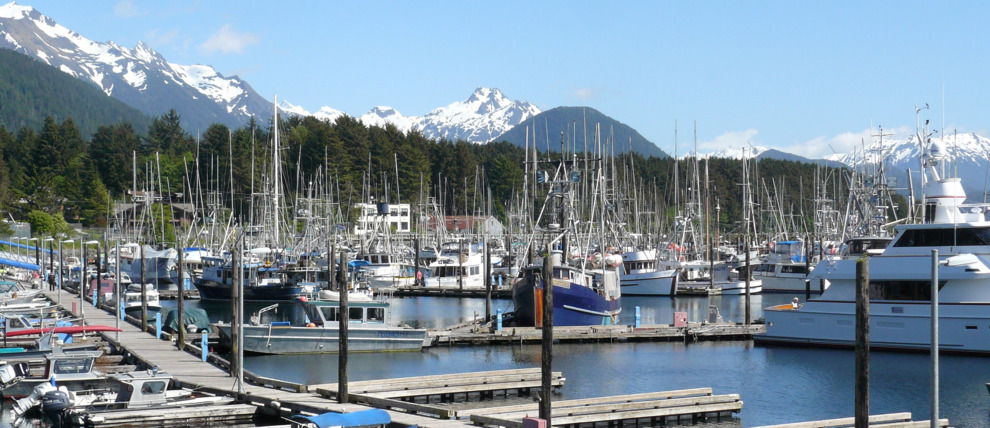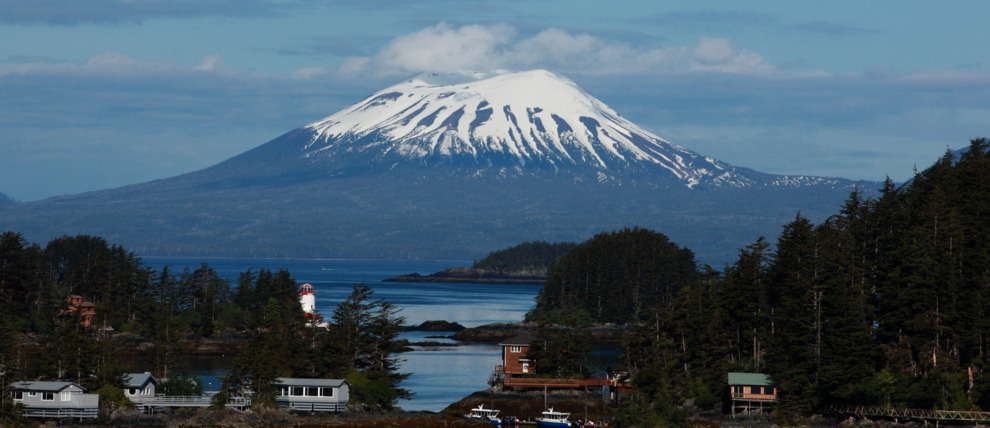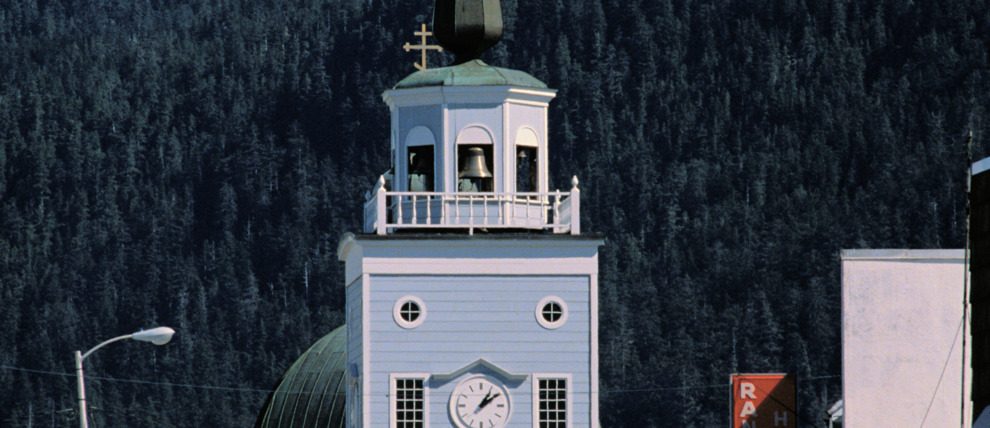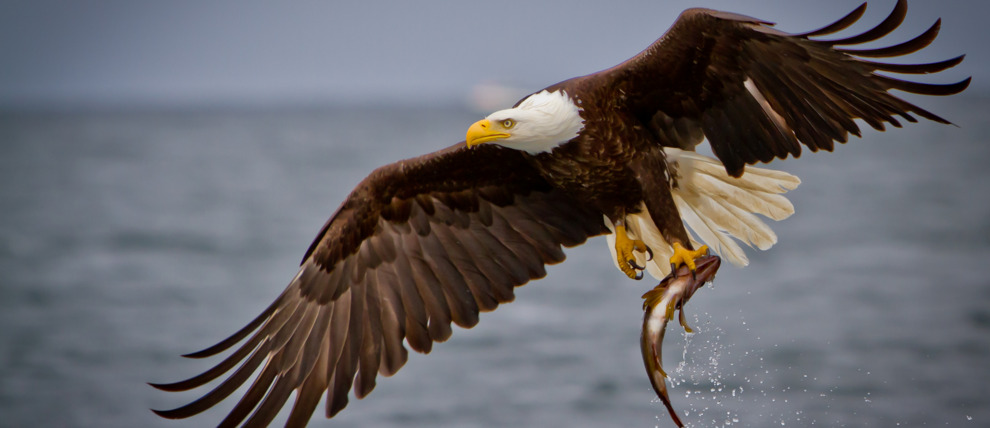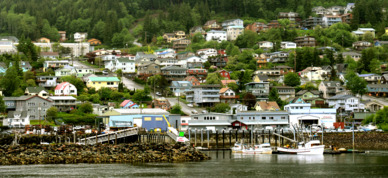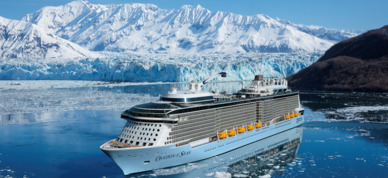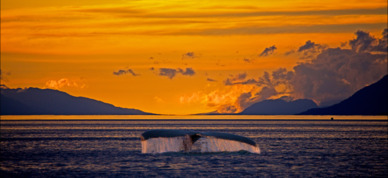A century before the Klondike gold rush made Alaska world famous, Russian fur traders quietly settled the Sitka area as a colonial outpost of Russian America. Skirmishes with the local Tlingits ultimately led to the Native group's ousting from the land. Sitka was forever changed, and even though it was the site of Alaska's official transfer following its sale to the United States, the port town is still largely defined by its Native Alaskan and Russian roots.
Sitka is located on Baranof Island, a twisted stretch of land defined by high ridgelines and tight fjords. It is one of southeast Alaska's only communities on the outer shores of the Inside Passage. Famous for its sport fishing, Sitka's two harbors are dotted with brightly colored boats that look out over the spruce-covered islands of the Tongass National Forest. On clear days the mighty Mt. Edgecumbe, a dormant volcano, provides an impressive view for much of the town.
There are 40 miles of hiking trails that wind throughout the forested areas within the community. Onion-dome architecture dots the landscape, and local dancers bring to life the traditions of colonial Russia. You can explore this legacy while in port on a guided day tour that combines a visit to the Sitka National Historical Park with a stop at one of the area's wildlife sanctuaries.
Several local museums and galleries also present the rich history of the town through collections of artwork, carvings, and jewelry. Farther afield you'll find whale watching, fishing charters, and guided kayak trips.
As one of the larger ports in southeast Alaska, Sitka offers everything from campgrounds to first-class, full-service hotels. The local network of roads encourages campers to explore outdoor options, while the downtown area offers the usual array of bed and breakfasts, lodges, and motels.
Sitka is accessible by boat and plane. The town is a stop for Alaska cruises and the Alaska State Marine Highway ferry system. Alaska Airlines provides flights from Anchorage and Juneau, and air taxis connect to the many surrounding southeast communities. Boat charters are necessary for exploring the area's many historical and wilderness areas accessible only by water.
